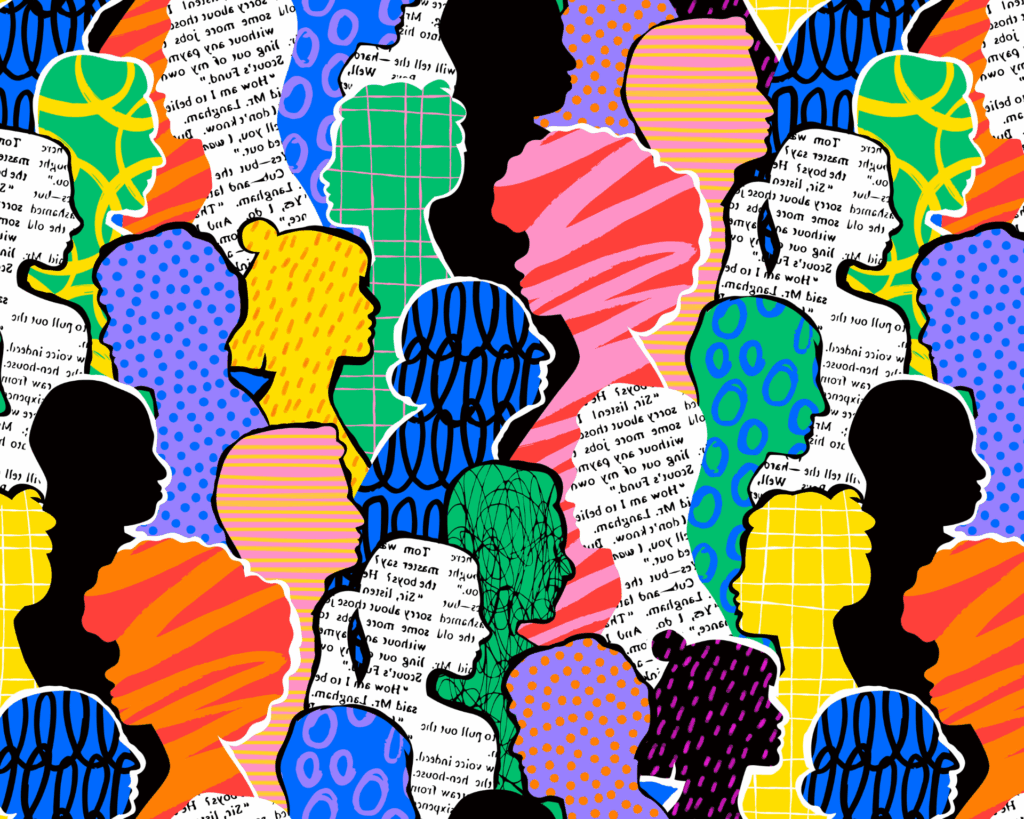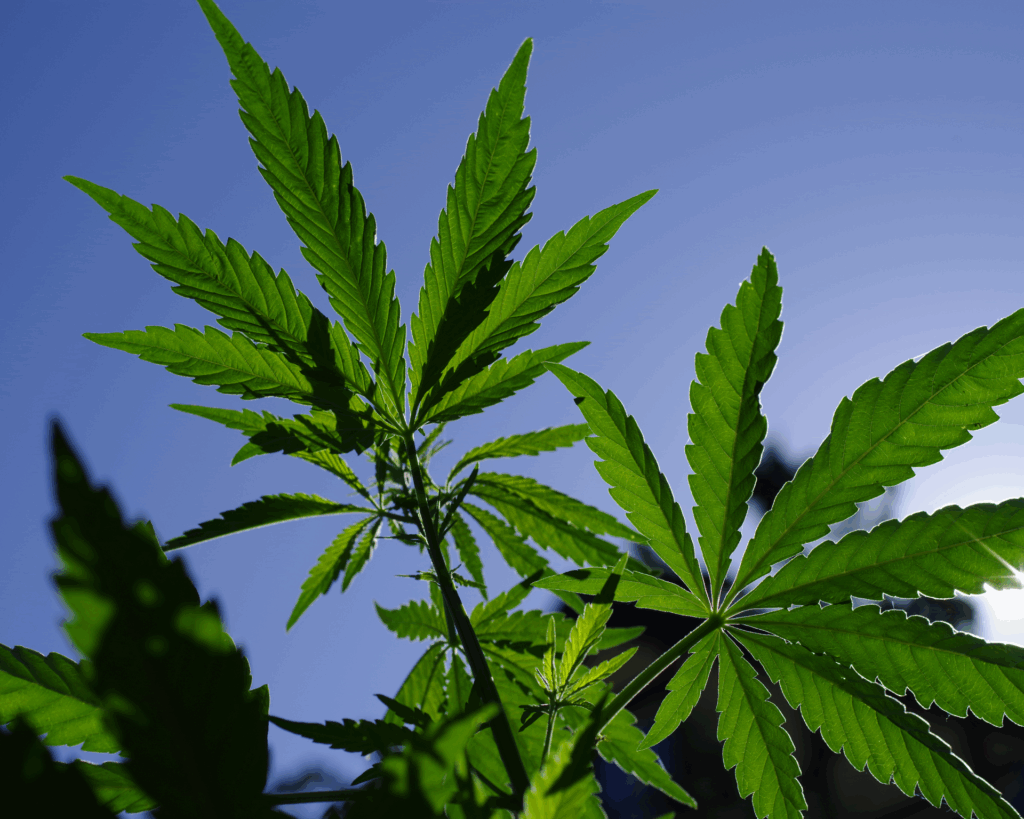Health Threats in the Infosphere
The infosphere contributes to the social determinants of health as much as the social sphere and biosphere do.

Read Time: 4 minutes
Published:
Since 2016, social media companies and news providers have come under pressure to tackle the spread of political mis- and disinformation (MDI) online. Despite evidence that online health MDI (on the web, on social media, and within mobile apps) also has negative real-world effects, neither online service providers nor state-sponsored public health bodies have taken comparable action. Myriad online communities promoting harmful behaviors now exist. Unevidenced and unregulated apps are freely available for download. And the reckless promotion of fad diets and unproven wellness trends by celebrities via social media is leading to the spread of various dangerous behaviors.
As the Covid-19 pandemic has accelerated the transition towards a digitally enabled model of health care and the boundaries between online and ‘in real life’ are increasingly blurred, understanding why individuals have been left so poorly protected from these threats and what can and should be done to tackle them is now more important than ever. For example, vaccine misinformation is rife across social media and this is damaging trust in a potential Covid-19 vaccine. The Center for Countering Digital Hate found 423 anti-vax accounts across Twitter, Instagram, Facebook, and YouTube with a total following of 59.2 million. In a survey they conducted with 3890 US adults, the proportion of individuals saying that they would definitely not vaccinate was higher among respondents who rely on social media to learn about Covid-19 compared to those who rely traditional media (35% vs. 24%).
To answer why so little has been done to tackle exposure to online health mis or disinformation, we must go back to the mid-1990s when clinicians first raised the alarm about the potential for the Internet to become a ‘dangerous space’. At the time, suggested policy interventions were blocked by two arguments: first, the web could not be policed; and, second, no single body should assume the right to veto many thousands of websites. Thus, the initial reason given by governing bodies reluctant to tackle online health MDI was one of practicality and scale. This argument has strengthened over the intervening years due to the proliferation of online content.
Over the same period, a growing emphasis has been placed on the need to empower individuals to manage their own health care through the provision of information and the creation of ‘expert patients.’ This process is viewed as being almost automatic if the person’s autonomy (i.e., their right to select which information to engage with, as they see fit) is protected. As such, any interventions which are perceived as policing access to information are now viewed as being ethically unjustifiable and a form of censorship.
We have seen all too clearly this year that the public’s health must be rigorously protected.
However, government intervention in online content has precedent. Governments already take action against content perceived as being amoral or dangerous (for example child pornography, or terrorist content). By taking action against amoral or dangerous content, governments clearly indicate that, in specific cases, for particular purposes, and within appropriate constraints, it is reasonable and acceptable to make an ethically sound case for restricting the rights of individuals online.
Justice is also a critical part of the argument for intervening in the infosphere. The threat posed by online health mis/disinformation is reminiscent of the threat posed by infectious diseases. We have all made personal sacrifices during the pandemic to protect the most vulnerable in society from the Sars-COV-2 virus. We should also be willing to sacrifice a fraction of the right to freedom of speech to protect those who are most susceptible to online health mis/disinformation. This makes tackling the MDI a matter of public health importance. The infosphere contributes to the social determinants of health as much as the social sphere and biosphere do.
Classifying the infosphere as a determinant of health recognizes a direct correlation between exposure to poor information quality and poor health outcomes. Recognizing the impact of poor information quality on physical and mental health provides the basis for justifying government interventions that are preventive (e.g., automatic blocking of high-risk content), protective (e.g., monitoring of online content), and promotional (e.g. improving visibility of high-quality information).
With this justification in place, public health bodies and online service providers must work together to take action. We have seen all too clearly this year that the public’s health must be rigorously protected. A healthy ecology of the infosphere needs to be implemented as soon as possible.
Photo via Getty Images




